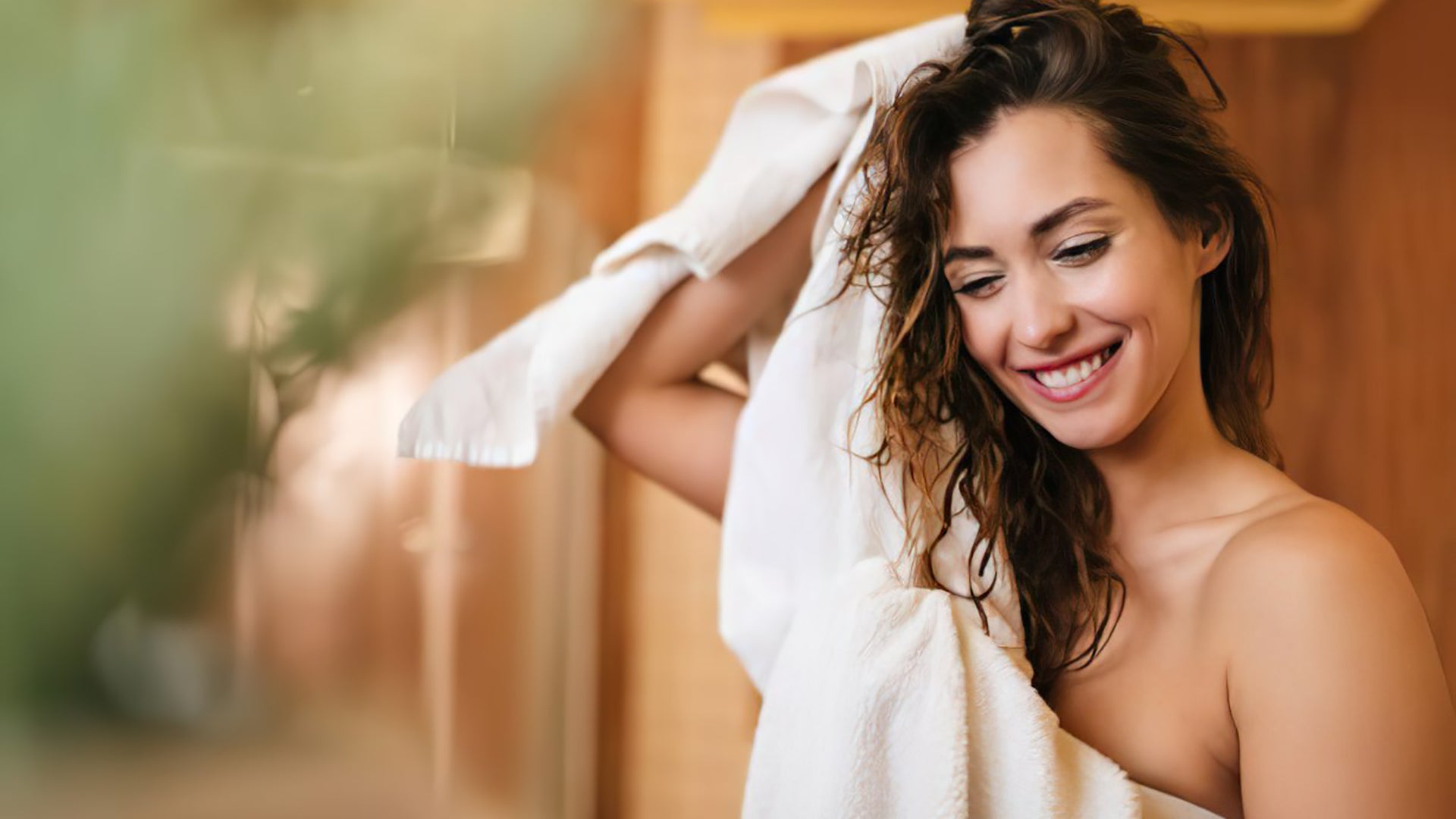
Does Drying Your Hair with a Hair Dryer Damage it?
Posted by XSOOH on
Hair dryers are a staple in many people’s daily routines.
They provide convenience and speed, but a lingering question often arises: does it damage your hair?
It's a common concern, especially for those of us who rely on this handy tool to tame our mane every morning.
Understanding Hair Structure
Each strand of hair is composed of three layers: the cuticle, the cortex, and the medulla.
The Cuticle: The outermost layer, which acts as a protective shield.
The Cortex: The middle layer, containing proteins and pigments that give hair its strength, color, and elasticity.
The Medulla: The innermost layer, which is often absent in fine or light-colored hair.
History of Hair Dryers
Hair dryers have come a long way since their inception.
The first handheld hair dryer was invented in the 1920s, a far cry from the sleek, efficient devices we use today.
Early models were bulky, heavy, and not particularly safe.
However, through decades of innovation, modern hair dryers have become lightweight, powerful, and packed with advanced features.
How do Hair dryers Affect Hair?
The key factor to consider is heat. Hair is made up of keratin, a protein that can be broken down by excessive heat exposure.
This breakdown can lead to dryness, frizz, split ends, and even breakage.
So, frequent blow drying on high heat settings can damage your hair.
Learn More: How Hot Does a Hair Dryer Get?
Symptoms and Signs of Hair Damage
How can you tell if your hair is heat-damaged? Here are some common signs to watch out for:
Dryness and Dullness:
Healthy hair has a natural shine. When the hair cuticle (the outer layer) is damaged, it loses its ability to reflect light, making hair appear dull and lifeless.
Split Ends:
Split ends are a clear sign of damage. They occur when the hair cuticle splits or frays, exposing the inner cortex of the hair shaft.
Breakage:
Damaged hair is more prone to breakage. You might notice more hair in your brush or on the floor after styling.
Frizziness and Tangled Hair:
Damaged hair loses its elasticity and becomes difficult to manage. It becomes frizzy, prone to tangles, and harder to style.
Loss of Hair Color:
If you color your hair, heat damage can cause the color to fade faster and become uneven.
Should You Always Air Dry?
Many people will want to choose to air-dry their hair after seeing this, but in reality, air-drying is not a perfect option either.
While it avoids heat damage, air drying can take a significant amount of time, especially for thick or long hair.
This extended wetness can lead to frizz, increased risk of fungal growth for those with scalp sensitivities, and hair that lacks volume.
Learn More: Should we blow dry hair or let it dry naturally?
Tips for Safe and Effective Blow Drying
To minimize the potential damage from blow drying, consider the following tips:
1. Use a Heat Protectant
Before blow drying, apply a heat protectant spray or serum to create a barrier between your hair and the heat.
This helps to reduce moisture loss and shields the hair from excessive heat exposure.
2. Adjust the Temperature Setting
Most hair dryers come with adjustable heat settings.
Opt for medium or low heat settings whenever possible, especially if you have fine or damaged hair.
High heat should be reserved for quick-drying sessions on thicker hair textures.
3. Maintain Distance and Movement
Keep the hair dryer at least six inches away from your hair and continuously move it around to prevent concentrated heat in one area.
This technique ensures more even drying and reduces the risk of overheating specific sections.
4. Finish with a Cool Shot
After blow drying, switch to the cool shot setting on your dryer.
This helps to seal the hair cuticles, enhancing shine and reducing frizz. It also provides a refreshing finish to your styling routine.
Conclusion
So, does drying your hair with a hair dryer damage it? The answer is yes, but it doesn't have to be harmful if done correctly.
Of course, the choice of hair dryer is also crucial, consider a high-speed hair dryer like the ones we offer to cut down on drying time and minimize heat damage.
If you notice any signs of hair damage, adjust your routine and consider deep conditioning treatments to restore health and shine to your hair.






































